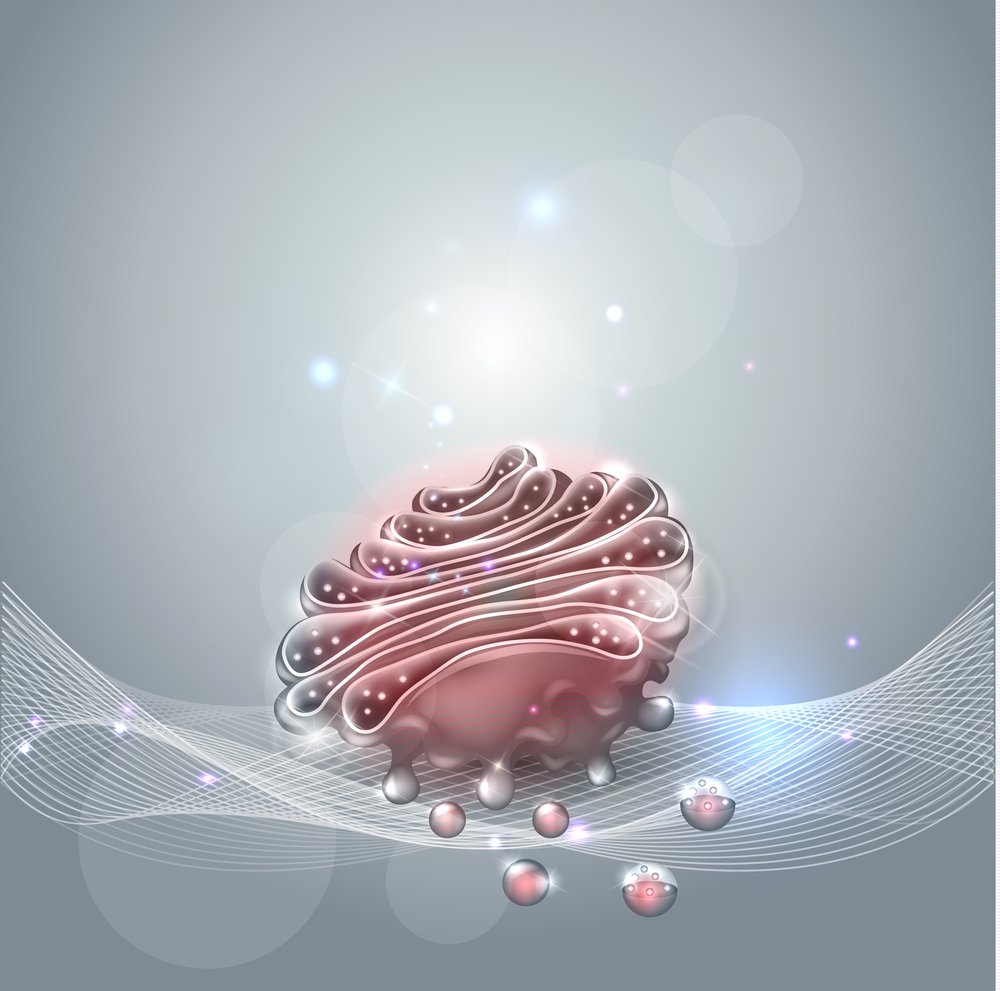In ALS Study, Essential Protein Seen as Promising New Theurapeutic Target

Researchers have identified an essential protein, Pur-alpha, for motor neuron cells’ mechanisms of defense against external stress and degeneration and also as a potential new therapeutic target for the treatment of amyotrophic lateral sclerosis (ALS, or Lou Gehrig’s disease).
The research paper, “Pur-alpha regulates cytoplasmic stress granule dynamics and ameliorates FUS toxicity,” was published in Acta Neuropathologica.
ALS, a progressive neurodegenerative disease characterized by the loss of motor neurons in the brain and spinal cord, has been associated with mutations in several genes, primarily the FUS gene. According to the Genetics Home Reference, at least 50 mutations in the FUS gene have been found to cause ALS. Also, people with FUS mutation-caused ALS tend to develop the disease earlier and have a shorter life expectancy.
Recent research has identified the DNA/RNA binding protein Pur-alpha as a possible therapeutic target in ALS patients due to its ability to bind pathological genetic expansions and, when overexpressed, has mitigates toxicity in mammalian cell models. However, its role in controlling ALS pathogenicity has been elusive.
The new research discovered that Pur-alpha is a component of cytoplasmic stress granules in ALS patient cells carrying disease-causing mutations in the FUS gene. Stress granules are the cell’s defense mechanism against external stresses, forming rapidly when the cell is exposed to toxicity and quickly disassembling when the exposure to stress ends. By lowering Pur-alpha levels in the cells, the team observed a loss in the ability of the cells to form stress granules, leading researches to conclude the protein is essential for the correct functioning of this defense mechanism.
Moreover, Pur-alpha interacted with FUS in mammalian neuronal cells and associated with mutant FUS in ALS patient cells, becoming trapped in stress granules and unable to function. A supply of Pur-alpha protected against FUS-associated motor neuron degeneration by promoting the turnover of stress granules and blocking the mislocalization of mutant FUS, which in disease context localizes in the cytoplasm instead of the nucleus.
“Our data provides new mechanistic details of FUS-related ALS and identifies Pur-alpha as a potential therapeutic target that could help in mitigating neuronal cell death,” first author Dr. J. Gavin Daigle said in a press release. “Our findings further suggest that defective RNA-metabolism strongly contributes to ALS pathogenesis and neurodegeneration. Also, I’m excited to see how these discoveries could shed light on the basic biological pathways linking several familial forms of ALS.”






